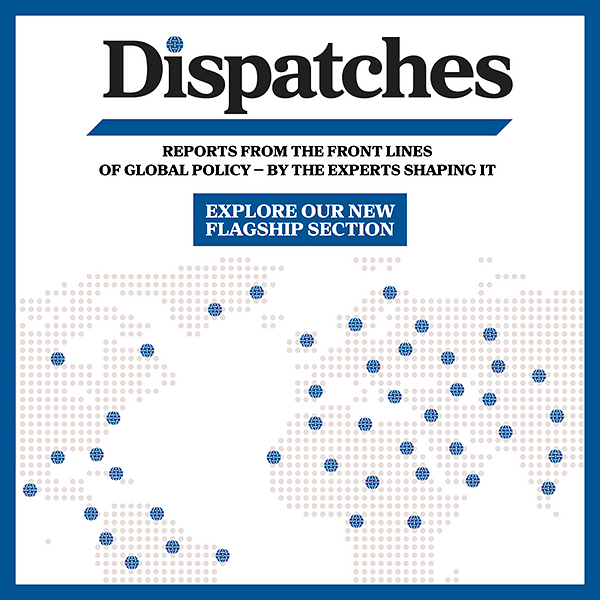#AlertaVenezuela
Dec 10, 2019
#AlertaVenezuela: December 10, 2019
By
Atlantic Council's DFRLab
On December 8, 2019, Spanish newspaper El Mundo published a set of images that the opposition to the Maduro regime took to the International Court of Justice in The Hague. The action was intended to prove that Óscar Pérez, a former police officer, had been executed by the regime. Venezuelan authorities announced on January 16, 2018, that Óscar Pérez had been killed in a shootout with security forces. Videos published on social media, however, showed Pérez asking Maduro forces to stop shooting and promising he would surrender. Pérez had led an insurrection against Maduro in June 2018.
